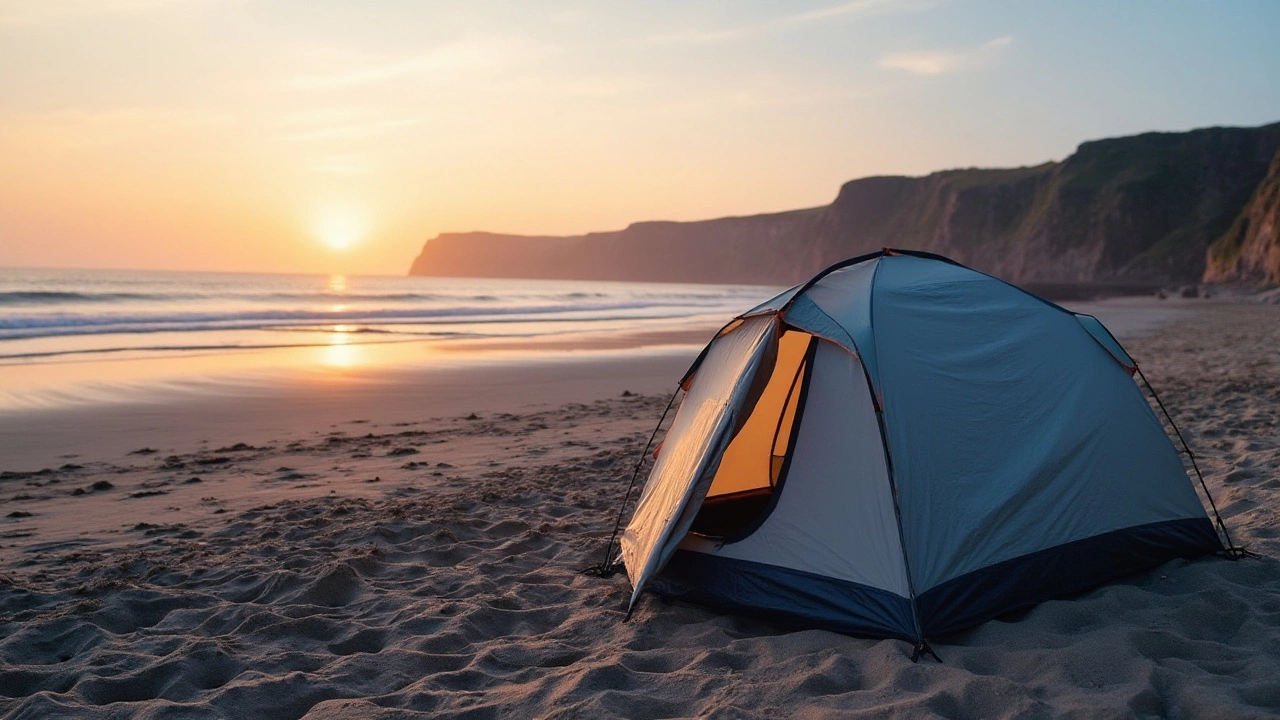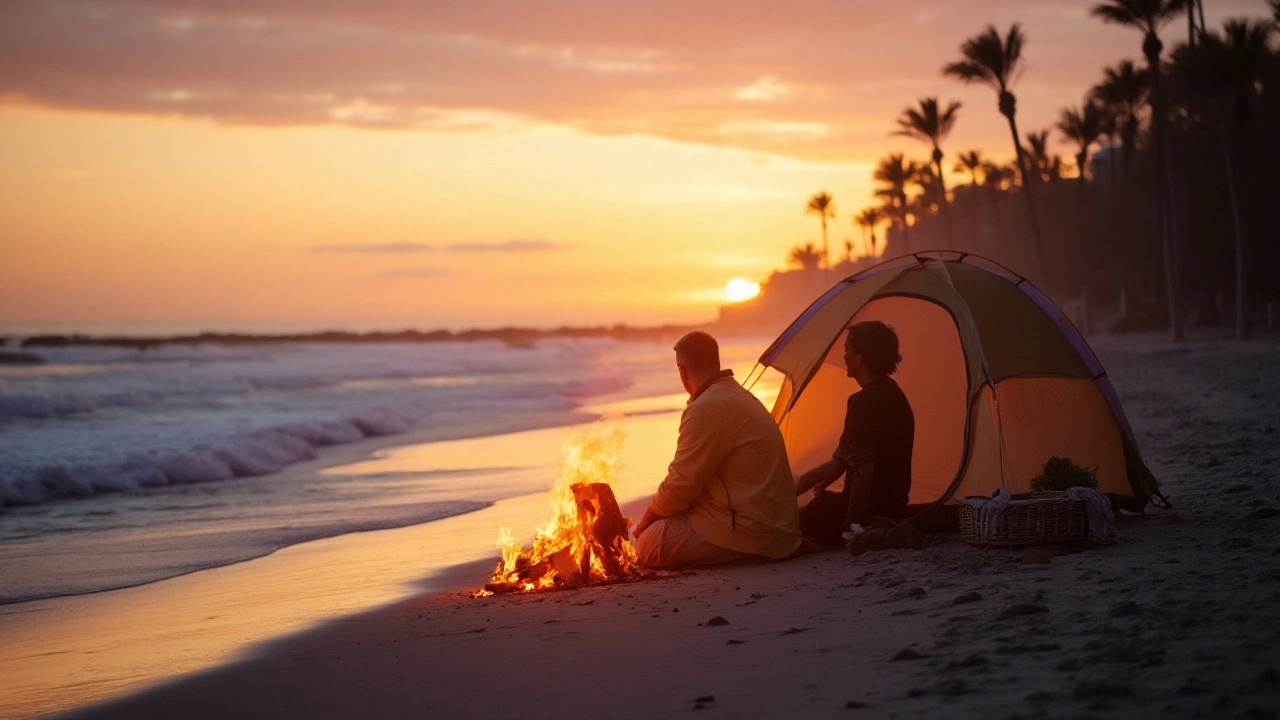Beach Law: Essential Rules for Motorhome Travelers
If you love pulling up your motorhome right on the sand, you need to know the law first. A quick check can save you from a ticket, a tow, or a nasty surprise. Below are the basics you should follow before you set up your campsite by the sea.
Where Beach Parking Is Allowed
Most UK councils treat beaches as public land, which means you can’t just park anywhere. Look for signs that say "No Overnight Parking" or "Restricted Area". If the sign is missing, assume it’s not allowed until you confirm with the local council website or tourist office.
Some coastal towns have designated motorhome bays that provide electric hookups and waste disposal points. These spots are usually marked with a blue sign and a number. Using them is not only legal but also helps keep the beach clean for everyone.
In the US, the rules differ state by state. National parks often ban any overnight parking, while many state beaches allow boondocking in designated areas. Always check the state park’s website before you arrive.
How to Avoid Fines and Stay Safe
First, keep your stay short. Most places allow a maximum of 24‑48 hours. Staying longer can be considered illegal camping, even if the area looks empty.
Second, watch the tide. Setting up too close to the water can put you at risk of flooding when the tide comes in. A good rule is to park at least 10‑15 metres above the high‑water line.
Third, manage waste responsibly. Use the dump stations provided at official bays, or store waste in sealed containers until you can empty it at a proper facility. Dumping waste on the sand is illegal and can lead to heavy fines.
Fourth, keep noise down after dusk. Many beaches have quiet hours after 10 pm, and loud music can attract a complaint from locals or rangers.
Finally, respect wildlife. Some beaches are nesting sites for birds or have protected dunes. If you see signs about wildlife protection, stay clear of those zones.
By following these simple steps, you’ll enjoy the freedom of beachside motorhome living without the hassle of legal trouble. Remember: a quick online check, respecting signs, and being tidy are all you need for a smooth, legal stay on the sand.

